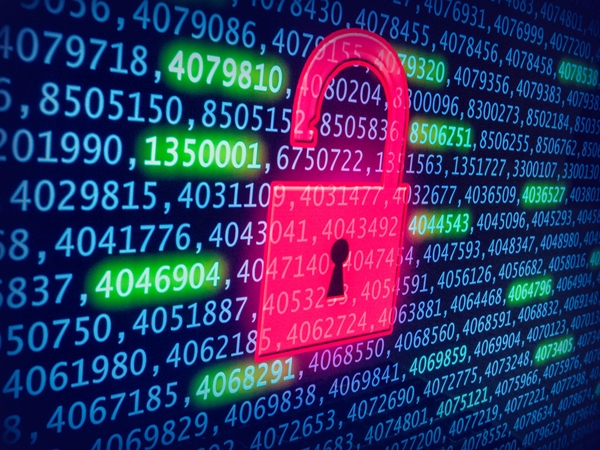– Contributed content –
4 August 2017. Whether you use your computer for business or personal use, it is imperative you keep your data safe. We are under threat from hackers, malware, and other intruders, so we need to find ways to protect ourselves. Even the biggest companies have come under attack, so we are all vulnerable, no matter how safe and secure we think we are.
To help you, here are five ways you can protect your personal information.
Colocation
Many business owners are using data center facilities to rent space for their servers and computing hardware. There will probably be a facility near you, and services such as Bay Area Colocation can help you find something. A colocation provides extra physical security, with video surveillance and locked cages, and provides backup power to ensure data isn’t lost. An on-site technical team is also on hand to protect your servers if something goes wrong, so you can sleep safely knowing your data is in safe hands.
Make a backup
This is something we should all get into the practice of doing, as we never know when human error can cause us to lose our data. However, there is still the risk of our data being stolen or compromised, so creating a backup will save you a lot of worries when something goes wrong. The most common method has been the use an external hard drive. However, using the cloud is a viable method, as physical devices can become lost or damaged. These are some of the best cloud storage options currently available, ensuring your data can be made accessible even if your computer equipment shuts down.
Malware protection
Something that has plagued many computer users, malware includes viruses, spyware, and worms. The computer user is often at fault, either through entering dodgy file sharing websites, or clicking on a suspicious email link. While you do need common sense, scammers are always finding new ways to trick users, so we are all susceptible. The best way to protect yourself from malware is to use anti-virus software. These are some of the best anti-virus programs currently available, so despite the investment, you will save yourself a lot of personal and financial worry by protecting your computer system.
Use system updates
System updates can be annoying for computer users, and you may need to stop working or browsing the internet. However, these updates often contain security patches to deal with the latest threats, so they are a necessary evil. To save yourself a lot of hassle, begin to install the updates when you know you won’t be using your computer for a while, as some of them can be quite lengthy.
Use passwords
From website login details to your wi-fi network, password everything to secure yourself from physical and virtual intruders to your system. However, don’t use easily guessable passwords, such as your date of birth. You should also use something memorable, so you don’t have to write it down where somebody could find it. Passwords are the most practical lines of defense, but be creative to protect yourself from harm.
* * *


 RSS - Posts
RSS - Posts
You must be logged in to post a comment.